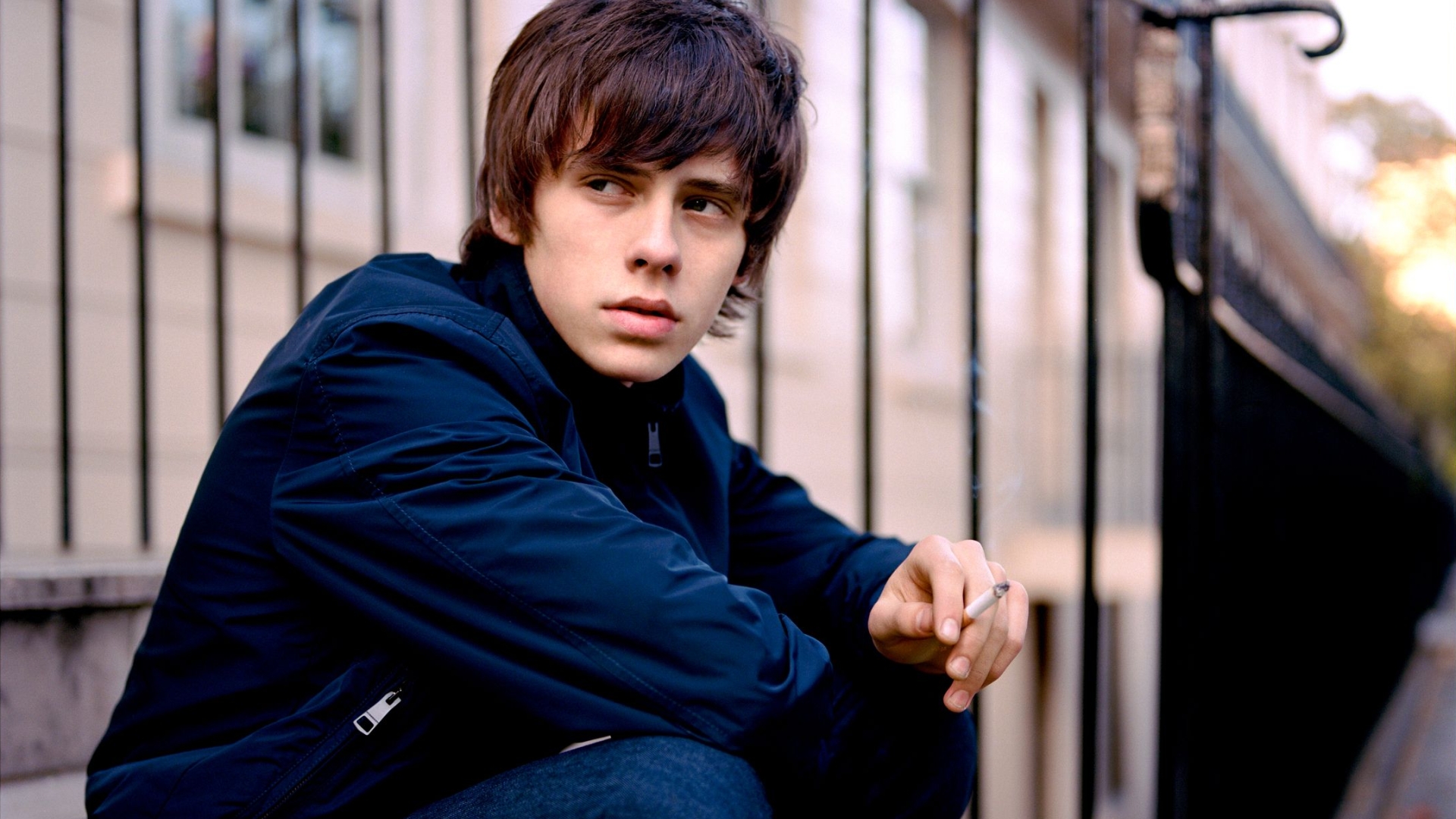
[dropcap]I[/dropcap]n 2007, JK Rowling shocked the world when she announced to an audience that the beloved headmaster of Hogwarts, Albus Dumbledore, was in fact a gay man.
This was after the publication of the final book of the Harry Potter series, Harry Potter and The Deathly Hallows. It was not explicitly mentioned in the books although JK Rowling confessed that she “always thought of Dumbledore as gay”.
As the years went on, Rowling continued to tack on minority labels onto minor characters. In 2014, Rowling tweeted that Anthony Goldstein, a character who has had one line throughout the seven book, belonged to the Jewish faith. Rowling continued to interact with fans over the social media website about different characters. It came to a tumultuous head when she defended her decision to not boycott Israel by stating that fictional wizard Harry Potter would agree with her.
Two problems stem from Rowling’s communication with fans over her own literature. First, the lazy attempt at representation of minorities. If one is to write a character from a marginalised group, perhaps mention it in the work. By slapping it on after the work is finished, it appears to be a lazy attempt to achieve political correctness points. This is further exemplified with Rowling’s decision to not show Dumbledore’s gayness in the Fantastic Beasts film series. By stating the minority status of characters outside of the work, Rowling can appeal to both conservative and progressive markets. It’s not exactly revolutionary.
Furthermore, Rowling’s decision to reveal what happens after the novel ends takes away the magic of books. Literature is a unique medium that grants a certain intimacy between the writer and the reader. A writer invites the reader into their world for pages and pages and once the story is finished, the reader is snapped quickly back into reality. The beauty of the arts is that it allows its audience to interpret concepts in whatever manner they wish to. It inspires creativity, what happens after the story ends is up to the reader to imagine. By telling a story, you are allowing others to interpret it in whichever way they wish to. Rowling takes away that privilege.
Social media has made this problem worse as it allows authors to see criticism, in Rowling’s case more than likely from fourteen year olds, and respond to it publicly. Although this seems harmless as it allows an author to defend themselves, social media is a double edged sword as it can make authors look like they are incredibly sensitive and unable to handle any critique. Although Rowling is not the worst, a lot of writers have come across as rude on Twitter.
Sadly, they might have avoided this reputation 20 years ago. Perhaps the twenty first century equivalent of “never meet your heroes” is in fact, “never follow your heroes”. Once you’ve shut the book closed, it might be best to just forget about it.
Aoibhín Bryant
Image credit: Wikipedia



